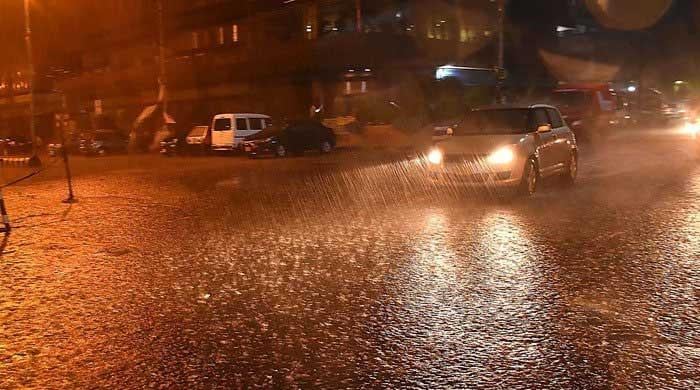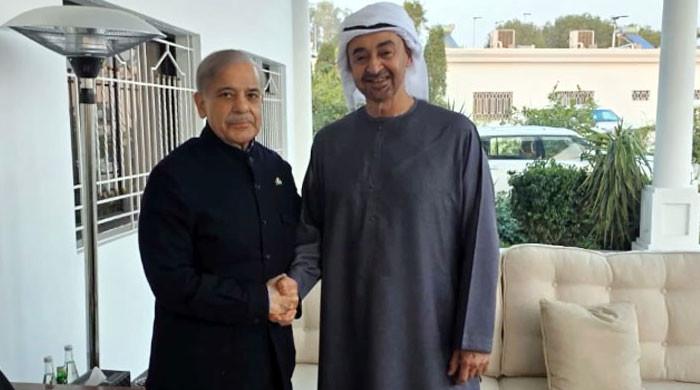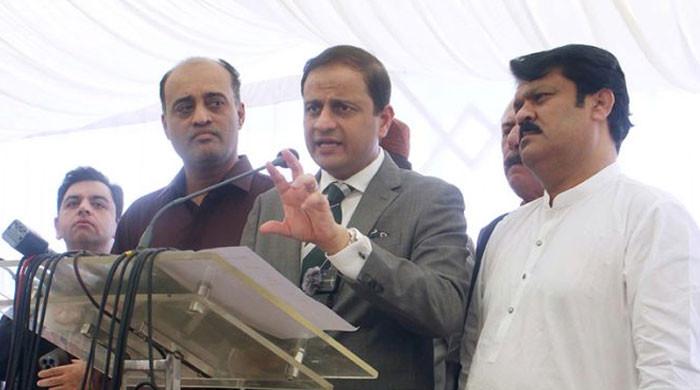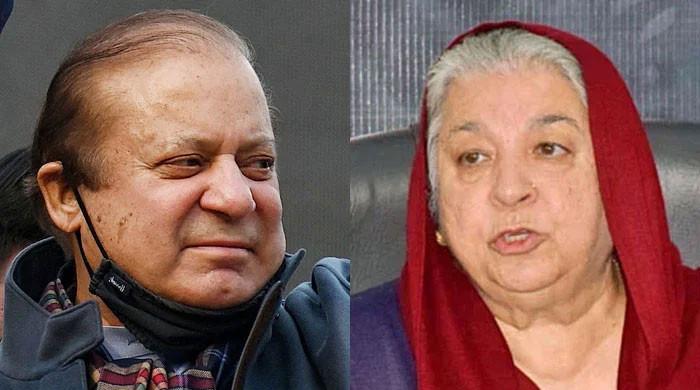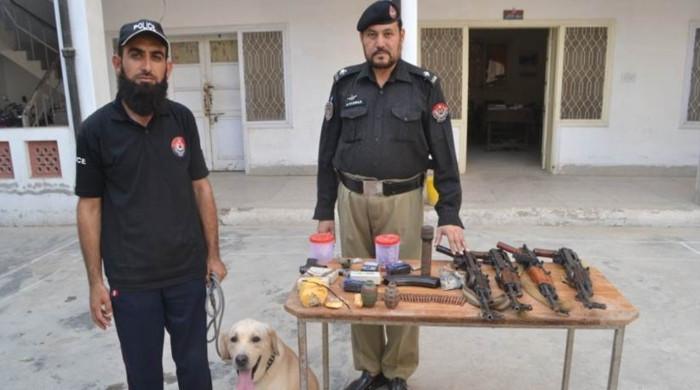APS report attributes 'fiasco' to shoddy security arrangements overall
Report released on SC orders notes that response by security forces was poor despite threats to school
September 25, 2020
The inquiry commission report on the 2014 Army Public School massacre has raised serious concerns on the poor response by the security apparatus against the terrorist attack in which 144 innocent lives were lost.
The 525-page report authored by Peshawar High Court judge Mohammad Ibrahim Khan, was released today on the orders of the Supreme Court.
The report noted that terrorism in the country hit a high point in 2013-14. In this backdrop, terrorists from across the border (Afghanistan), infiltrated the school and "befooled" the security apparatus. It observed that the country's "porous" north-west border sees the flow in and out of Afghan refugees as per the arrangement between both sides allowing unrestrained movement.
In this regard, it noted that assistance to the attackers was provided "from inhabitants of the locality" and termed it "palpable" and "unforgivable".
"I can perceive it with utmost honesty that when one's own blood and flesh commit treachery and betrayal, the result would always be devastating," the judge wrote.
He said that this act of betrayal "diminished and compromised" the efforts of our security apparatus and "augmented" the accomplishment of the "enemy's nefarious plan".
"No agency, [however] capable and able in terms of manpower, infrastructure and technology could outperform the impact of any attack effortlessly when infidels are within the inside,” the report read.
It further observed that despite the “three layered security protocol”, namely the two security patrol vehicles, quick response force of the armed forces located 10 minutes away and police rapid response force, the catastrophe could not be prevented.
One patrol vehicle was “beguiled towards the smoke erupted from the vehicle set ablaze by the terrorists as part of their plan”, leaving the school premises unattended.
“This act alone gave an edge to the militants to break into the premises from the back side where the [vehicle] had to patrol.”
It noted that though the other patrol vehicle responded, it alone was not capable to buy the needed time for the rapid response forces to overwhelm the terrorists’ attack.
The report said that the generic threat issued by NACTA was for “all the academic institutions run by the armed forces” and had identified that its sole objective was to “target the army families as retribution for the unstoppable and successful military operations against the terrorists’ hideouts”.
It said that the incident “plagued their success stories which deserved deification”.
The report said the “fiasco” is also attributable to “the incomparable number of static guards composing the first tier of security apparatus to the level of looming threat”, besides their “improper position”, allowing the terrorists entry “with no retaliation”.
“Equally incomprehensible is the inertia on part of the Askari Guards as well as the deputed Static Guards to the initial heavy firing and blasts by terrorists until the [rapid response forces] had arrived,” it said.
“Had they shown a little response and could engage the militants in the very beginning of the attack, the impact of the incident might have been lesser,” the report added.
It, however, praised the efforts of the “valiant soliders” of one of the patrol vehicles and the armed force’s rapid response which restricted the movement of the militants towards the adjacent toddlers’ block, “and thus further devastation in that block was foiled”.
Earlier today, the Supreme Court ordered to make public a report into the Army Public School (APS) massacre in a decision that comes six years after 144 children were martyred in a Peshawar school.
The commission set up to probe the APS attack had submitted its report to the Supreme Court, last month.
Also read: SC asks govt to submit response on APS report
The commission was set up on the directives of the then chief justice Saqib Nisar on the request of the parents and families of the martyrs in 2018.
Justice Mohammad Ibrahim Khan of the Peshawar High Court (PHC), who has authored the report, headed the commission.
According to the focal person of the APS Commission, Imranullah, the statements of 132 people were recorded by the commission that was formed four years after the attack. Statements of over 30 officials of police, army, home department and others concerned are also included.
Over 140 people, including 132 children were martyred in a terrorist attack on the Army Public School in Peshawar on December 16, 2014.
The incident is considered as one of the worst terrorist attacks in the country and in the region that shook the entire world.




